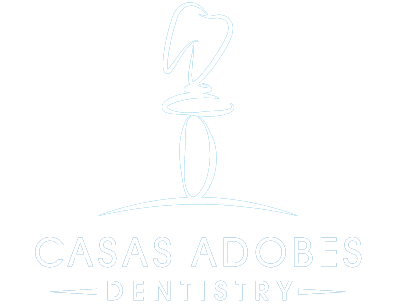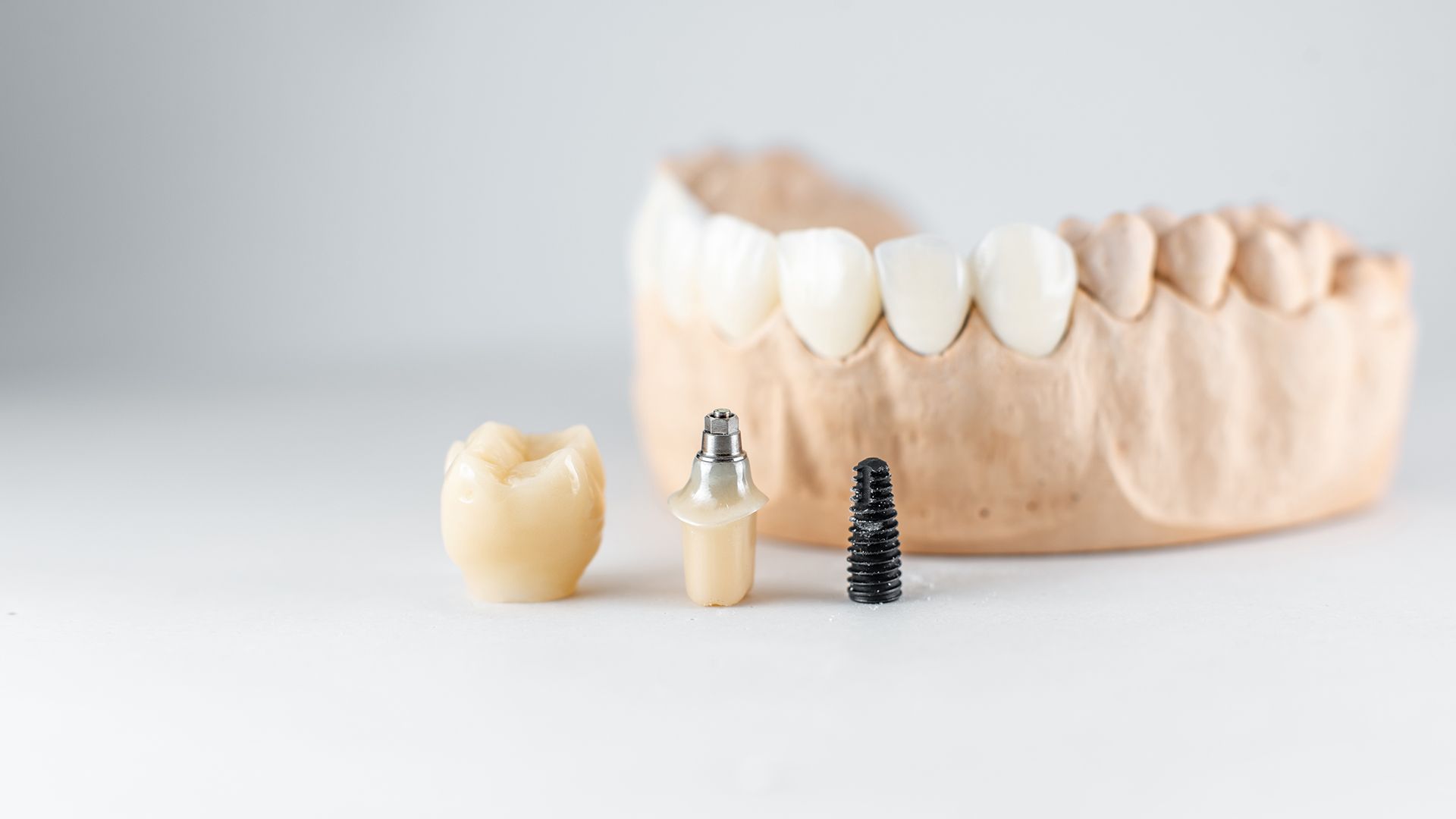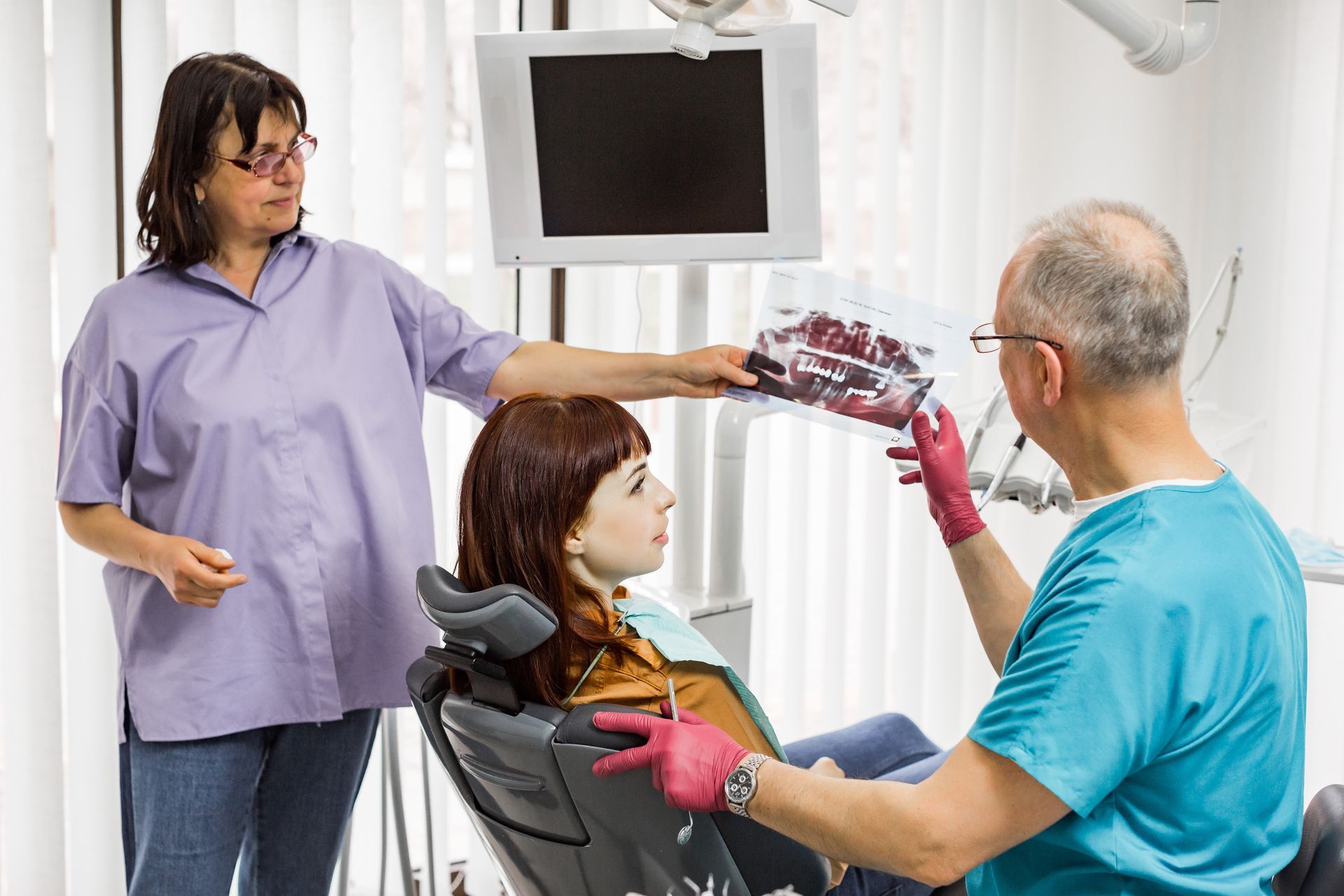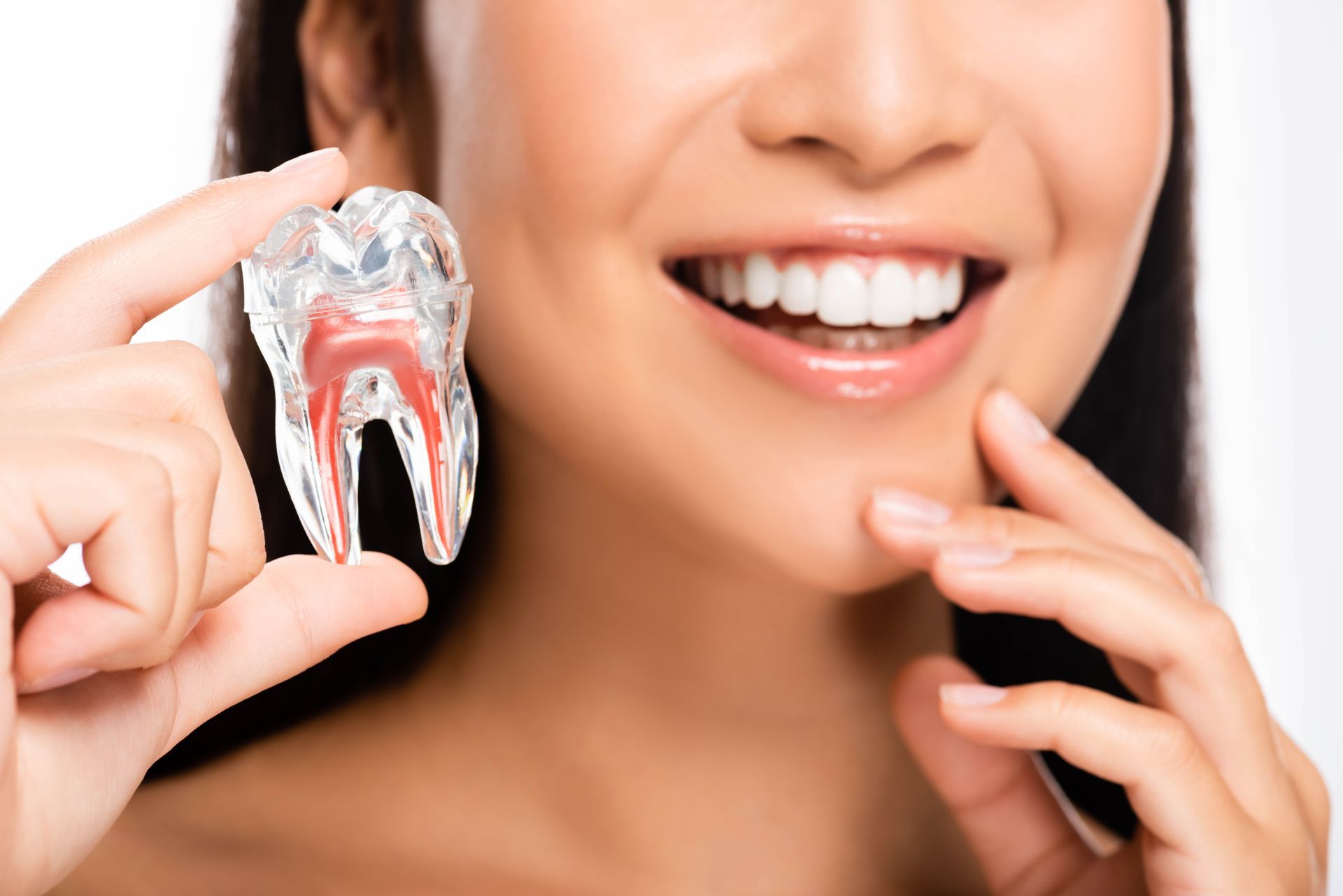Understanding the Limitations of Mini Dental Implants

Mini dental implants have grown in popularity thanks to their less invasive procedure, faster recovery time, and lower cost. They're often marketed as a simpler alternative to traditional implants, making them appealing to many patients looking to restore their smile quickly and affordably.
However, while mini implants may be right for certain patients and situations, it’s important to understand their limitations. In this post, we’ll explain the key disadvantages of mini dental implants, so you can make an informed decision with confidence.
What Are Mini Dental Implants?
Mini dental implants are smaller, narrower versions of traditional dental implants. They’re typically used to stabilize dentures or replace smaller teeth in patients who lack sufficient bone density for standard implants.
Common Uses Include:
- Supporting dentures
- Replacing small, single missing teeth
- Temporary tooth replacement
They are often chosen for their minimally invasive placement procedure and reduced healing time. But these benefits come with important trade-offs.
Key Disadvantages of Mini Dental Implants
Reduced Stability and Strength
Due to their smaller diameter, mini implants provide less anchorage in the jawbone. This can make them less stable than traditional implants, especially when placed in areas with high bite pressure like the molars.
Higher Risk of Fracture
Mini implants are more prone to bending or breaking under excessive force. This is particularly concerning for patients who grind their teeth or have a strong bite. Fractures can lead to implant failure and complex removal procedures.
Limited Lifespan Compared to Traditional Implants
Mini implants are often used as a short- to medium-term solution. They tend to wear down faster and may require earlier replacement compared to standard implants, which are designed for long-term performance.
Not Suitable for All Patients
Mini implants require a certain amount of healthy bone for placement. They are not ideal for patients with:
- Severe bone loss
- Significant tooth loss
- High bite forces
In such cases, traditional implants or alternative treatments may provide better long-term outcomes.
Aesthetic Limitations
While functional, mini implants may not deliver the same natural-looking results as standard implants. Their positioning and size can affect the final appearance, especially in visible areas like the front teeth.
Hygiene and Maintenance Challenges
The smaller profile of mini implants can make cleaning more difficult. This increases the risk of plaque buildup and gum irritation if not properly maintained.
Restricted Applications and Flexibility
Mini implants are not suitable for all types of restorations. They’re generally not recommended for:
- Supporting bridges
- Replacing multiple missing teeth in one area
- Full-arch restorations
They also offer limited angulation correction, making precise placement harder in complex cases.
Increased Risk of Nerve Damage (in the Lower Jaw)
In certain cases, more mini implants are needed to support a denture or restoration. When multiple implants are placed in areas with limited bone, especially the lower jaw, there’s a higher risk of nerve injury.
Mini Implants vs Traditional Implants
| Feature | Mini Implants | Traditional Implants |
|---|---|---|
| Diameter | Smaller (under 3mm) | Standard (3-6mm) |
| Bone Required | Less | More |
| Procedure | Less invasive | More invasive |
| Stability | Lower | Higher |
| Lifespan | Shorter | Longer |
| Applications | Limited | Broad |
| Cost | Lower upfront | Higher upfront, better long-term value |
While mini implants are cost-effective and faster to place, traditional implants offer superior long-term durability, stability, and function.
Are Mini Dental Implants Right for You?
The right dental implant solution depends on your specific needs, oral health, and long-term goals. Mini implants might be a good option if:
- You need to stabilize a lower denture
- You have limited bone structure
- You're looking for a temporary fix
However, traditional implants are generally the better choice for:
- Long-lasting tooth replacement
- Multiple missing teeth
- Strong bite functionality
Important Questions to Ask Your Dentist:
- Is my jawbone healthy enough for mini implants?
- How long can I expect them to last?
- What are the maintenance requirements?
- Are there better alternatives for my situation?
Conclusion
Mini dental implants offer certain advantages, particularly for patients who want a less invasive, lower-cost option. But it’s crucial to understand their limitations, including reduced strength, higher fracture risk, shorter lifespan, and restricted applications.
When it comes to restoring your smile, long-term success should be the top priority. Always consult with an experienced implant dentist who can evaluate your needs and recommend the best treatment option.
Considering dental implants? Contact Casas Adobes Dentistry today for a personalized consultation and expert guidance tailored to your smile goals.

Frequently Asked Questions
Are mini dental implants worth it?
Mini dental implants can be worth it for patients needing a quick, cost-effective solution—especially for denture stabilization or replacing small teeth. However, they typically don’t last as long, are less stable, and aren’t suitable for high-pressure bite zones. If longevity and durability are your top priorities, traditional implants may be the better value.
What does no one tell you about dental implants?
Many patients aren't told that dental implants especially mini implants can fail if placed in weak bone or under too much bite force. Some also overlook the fact that implants are not one-size-fits-all and require ongoing maintenance. Choosing the wrong implant type or provider can lead to complications.
What is the average price for mini implants?
The average cost of a mini dental implant ranges from $500 to $1,500 per implant, significantly less than traditional implants ($3,000–$5,000+). Keep in mind that lower upfront cost can mean more frequent replacements or adjustments over time.
Who is a candidate for mini dental implants?
Ideal candidates include:
- Patients with insufficient bone volume for traditional implants
- Those looking to stabilize lower dentures
- Individuals needing temporary tooth replacement
- People seeking a less invasive procedure
They are not ideal for patients with severe bone loss, bruxism (teeth grinding), or needing full-arch restorations.
What is the failure rate of mini dental implants?
Mini dental implants have a higher failure rate than traditional implants, estimated at 10–20% over 5 years, depending on the case, placement quality, and oral care. Factors like bone density, implant location, and patient habits play a big role in success.









